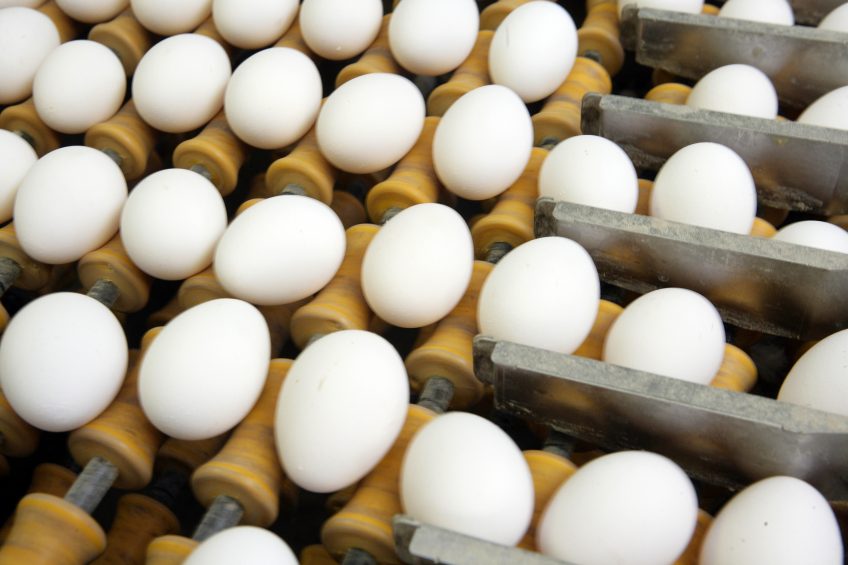Japanese scientists use egg whites for clean energy

Proteins taken from egg whites could be used in the future to improve the production of carbon free energy. Japanese scientists claim to have used the protein as a tool for producing hydrogen, a source of clean electricity.
The new method will help “bring us closer to our ultimate goal of providing hydrogen from water, according to Yusuke Yamada, a professor at Osaka City University.
Hydrogen
Hydrogen is currently mass-produced using natural gas or fossil fuels, which result in greenhouse gas emissions.
It can be produced in laboratories without fossil fuels and scientists have traditionally done this by creating a special interaction of the molecules in liquid.
But free-moving and randomly located molecules and particles in the fluid can interact with the process of producing hydrogen and scientists have for many years looked to find a way to immobilise these particles.
Rose Bengal
Yamada’s team used a protein found in egg whites to build crystals with lots of tiny holes to trap these particles. These lysozyme crystals have a highly ordered nanostructure and improve the efficiency of clean hydrogen production.
The molecular components within the crystals must be manipulated carefully. This is achieved by the application of Rose Bengal, which is commonly used in a dye in eye drops to identify damage.
“If you use hydrogen as an energy source, it only releases water in the environment. It is extremely environmentally friendly.
“We found protein was a useful tool” to generate hydrogen in a laboratory without using a fossil fuel, said Yamada.
The method was published in the February edition of the scientific journal Applied Catalysis B.













